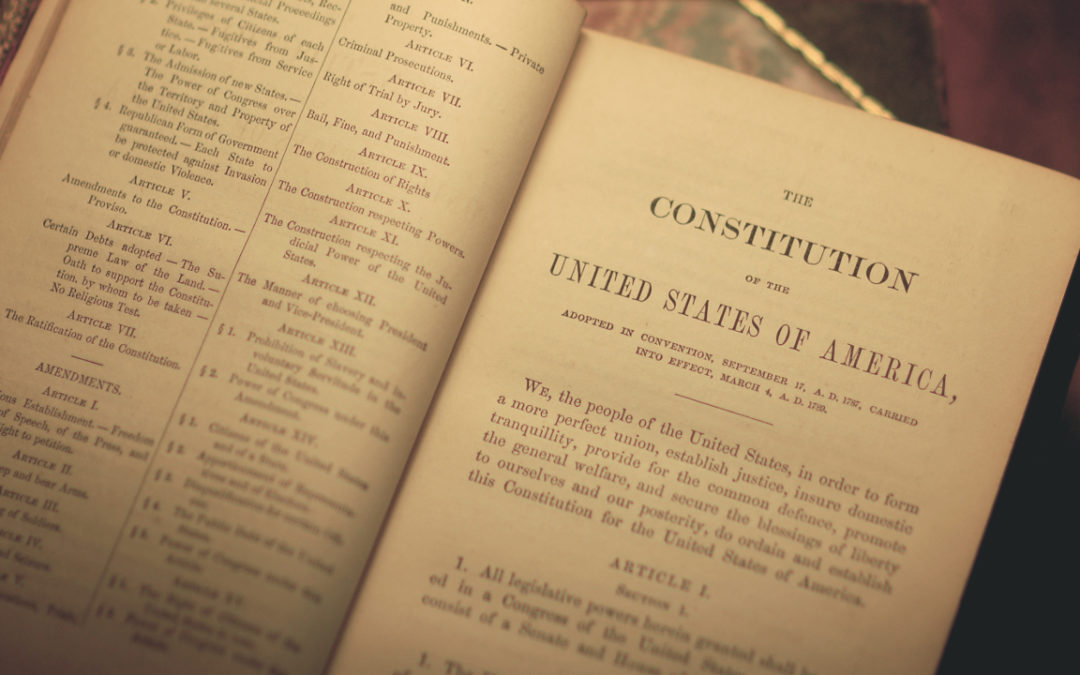
Originalism

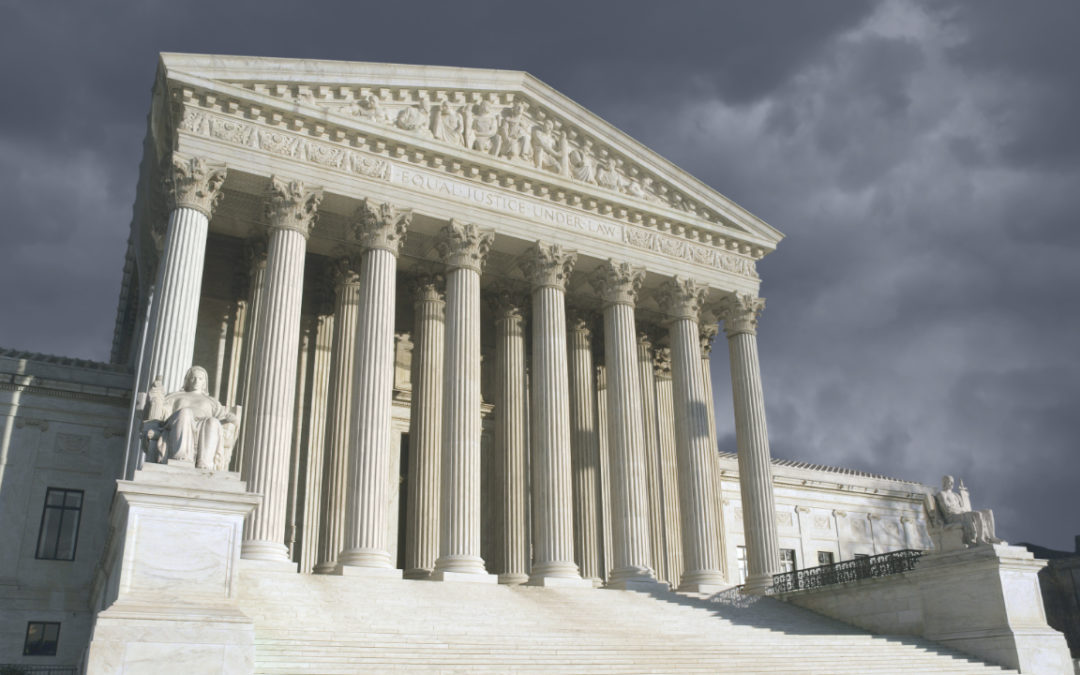
The Supreme Court re-affirms Indian treaty originalism
In a recent post, I noted that originalism—construing a text as its makers understood it—is the standard interpretative technique for most legal documents. It is principally in interpreting some parts of the Constitution (and only since the mid-20th century) that the...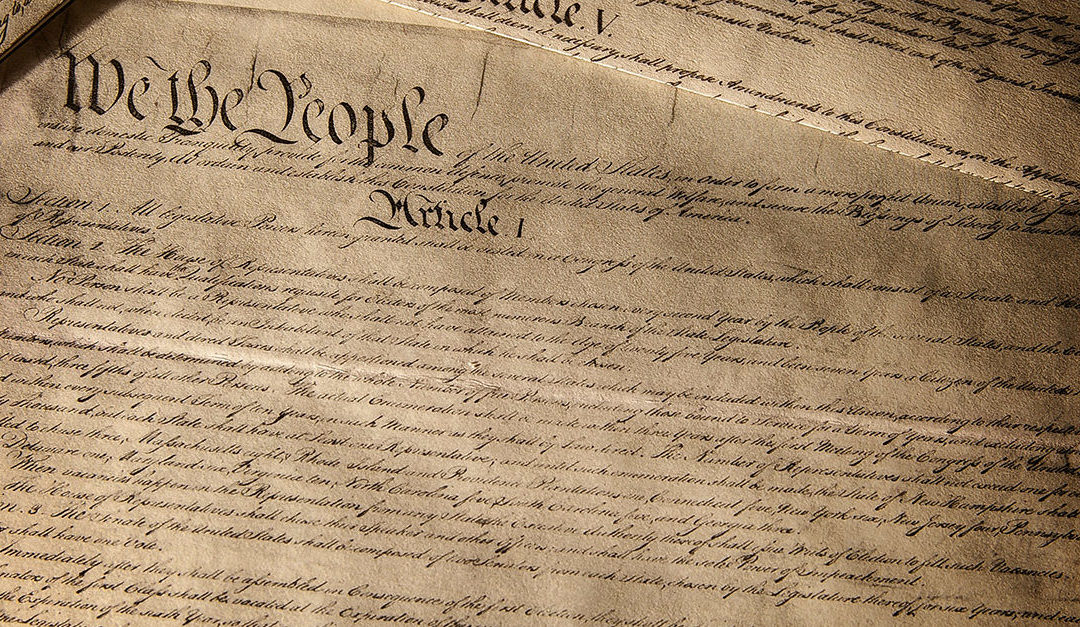
Unifying Original Intent and Original Public Meaning
John McGinnis and I have just published a new article on Original Methods Originalism, the interpretive theory that we have developed. In this post, I wanted to describe the first part of the article. In a second post, John will describe the latter part of our piece....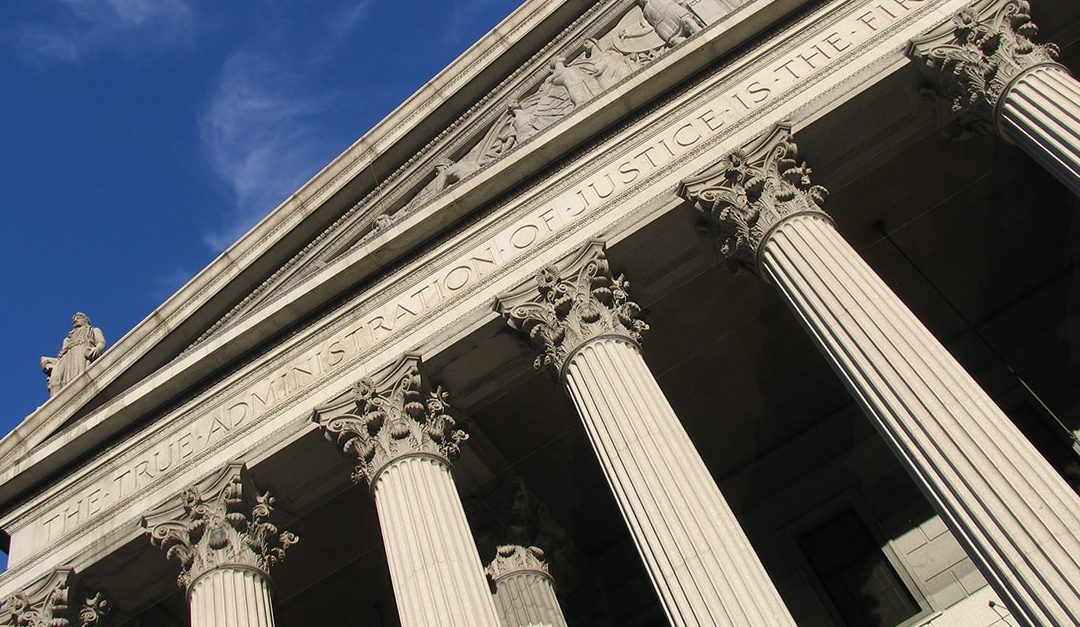
The Supreme Court just applied originalism to an Indian treaty, so why not to the Constitution?
Whenever a president nominates to the Supreme Court someone who pledges to apply the Constitution as written, liberal commentators emerge to explain why this is a bad idea. They claim that “originalism” — applying the Constitution as the Founders understood it — is...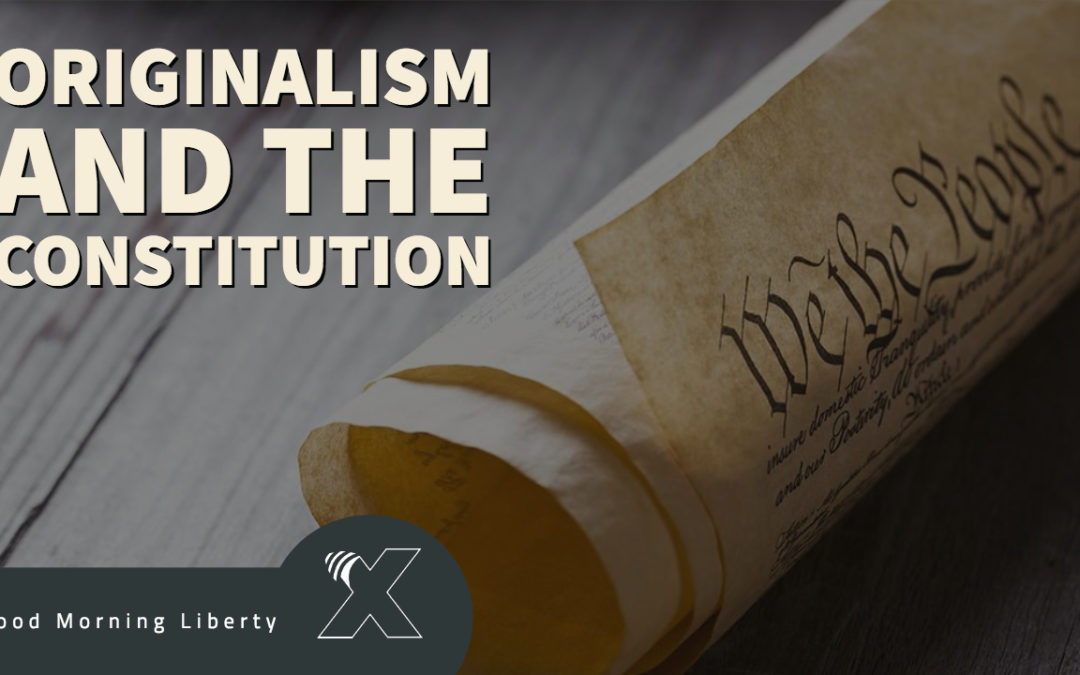
The Constitution and Originalism: Good Morning Liberty 02-04-19
“Originalism” is how the Founders expected the Constitution to be interpreted. On this episode of Good Morning Liberty, Michael Boldin (follow) goes over the basic principles of constitutional originalism and shares some tips on how to use them to...
